Family fortunes: The great unleveler
When I was growing up, my Dad would always tell me, “Christine, you have to work hard at school to get ahead in life.” His thinking was that education was my sure fire way to move beyond our current position.
He was only partially right.
Since time began, parents with the means have gifted their children wealth and access to social networks, giving them a huge advantage over those of more limited means. Insightful research by the Institute of Fiscal Studies points to the fact that the transfer of ‘unearned income,’ i.e. wealth accumulated from rising house prices and interest earned on savings, is set to rise enormously. This will only serve to exacerbate the chasm between the have and the have-nots. For instance:
Those with parents living in London stand to inherit about twice as much on average as those with parents living in the North-East or Yorkshire and the Humber.
This type of stark divide tells the story of the mitigating effect of wealth against education as a route to social mobility. And that’s why it’s so important that we have compensatory structures and processes in place for those that don’t have access to generational advantages.
Social mobility - the intersectional link
The workplace is at least as important as the classroom in determining a person’s mobility prospects. Yet, the diversity and inclusion sector has had a rough time of late. Caught up in culture wars, it’s been derided as an expensive indulgence led by those that are woke. Yet, sleepwalking through life makes no sense.
Research by the Social Mobility Commission found that: “Employees from lower socio-economic backgrounds perform at least as well as their more advantaged colleagues, and often outperform them. In professional service firms, for example, trainees from lower socio-economic backgrounds are more likely to achieve the highest performance.”
So it is disappointing to read that the CIPD found that fewer large organisations were planning to address social mobility as part of their inclusion and diversity work over the next few years.
I don’t hold it against any parent to try to give their child an advantage in life. It’s human nature to want the best for your offspring. However, the scale of intergenerational wealth transfer is set to increasingly ring-fence advantage around the relative few. Left unchecked, the negative impact on social mobility will have a devastating impact on all of us as unequal societies aren’t happy, healthy or prosperous places to live in.
Challenging this by considering the intersectionality of socio economic class alongside traditional EDI markers is one way to redress the balance.

